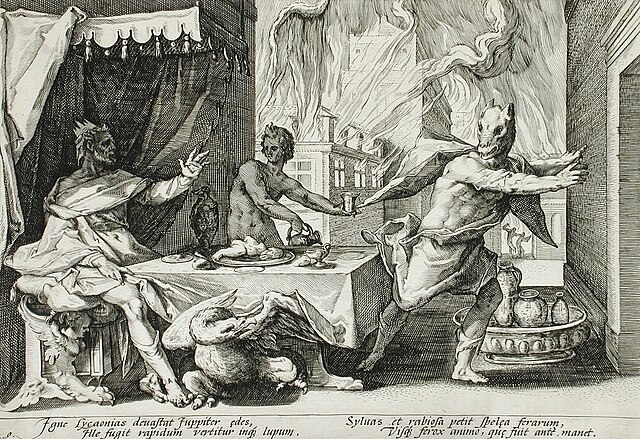Infinite photos and videos for every Wiki article ·
Find something interesting to watch in seconds
Ancient Marvels
Celebrities
Animals
Kings of France
Supercars
Recovered Treasures
Orders and Medals
Richest US Counties
Presidents
World Banknotes
History by Country
Rare Coins
Great Museums
Wonders of Nature
Great Artists
Wars and Battles
Countries of the World
Best Campuses
Great Cities
Largest Palaces
Famous Castles
Crown Jewels
British Monarchs
Tallest Buildings
Largest Empires
Sports
more top lists


